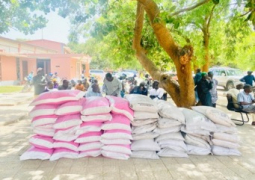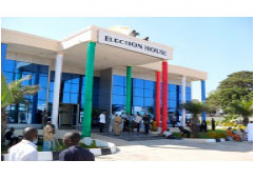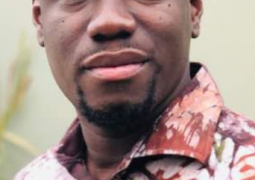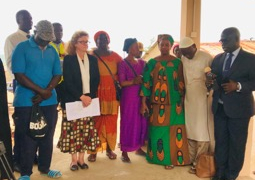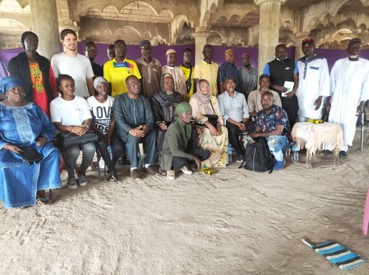
These discriminatory norms on mere caste based-system has been the norm for many years. However, due to resistance from those being referred to as the slaves, coupled with other arising factors, the issue in recent past has created tensions in these Sarehulleh communities, resulting in fatalities and colossal damage to properties.
It is against this backdrop that members of the Global Forum, a platform to voice the rights and entitlements of the communities discriminated on work and descent in Africa, Asia, Europe, Latin America and North America, who are participants in the 77th Non-Governmental Organization meeting in The Gambia recently visited Garawal and Koina, both predominantly Sarahulleh Communities in the Upper River Region.
The visit, which was a fact-finding mission, is to enable members of the Global Forum to engage with these communities on issues relating to their modern cast-based slavery among others.
Unlike all other ethnic groups in The Gambia, caste-based heritage within the Sarahulleh ethnic group has turned violent in the recent past leading to fatalities and burning of properties, discrimination, and school dropouts among other issues.
During the visit, the Sarahulleh caste-based who are referred to as the slaves narrated the stigma and discrimination meted out to them by the so-called free born.
The fragmentation they said, led to total detachment of the natural bearing between the two caste-based sects.
Madam Kussa Sanneh said Garawal had one Madrasa that was built by the whole community, but the so-called free-born claimed ownership of it.
She said the other sect must accept that they are slaves otherwise their children will not be educated in that Madrasa school.
“Some of our children who have traveled abroad told us not to consent to be referred to as slaves. They came together and raised funds and that is what we are using to build a Madrasa for our children here in Garawal.” she said.
Mrs. Sanneh said they have suffered a lot in the past but the situation is much better now than it used to be.
She said even in the market square they (the slaves) faced discrimination and not allowed to mingle with the free-born.
Yusupha Danso also informed members of the Global Forum that the caste system within the Sarahulleh ethnic group existed long ago.
He said in those days the so-called free-born used to call their parents slaves and look low upon them.
“When we grew-up, we convened a meeting and told them (the so-called freeborn) we don’t want to be referred to as slaves. We make it clear to them that we are equal in this community and want to be treated equally.” he said.
The whole community of Koina, he added, used to pray in the same mosque, but recently the Sarahulleh sect that is referred to as the slaves have built their own mosque.
“We are denied to pray in the central mosque because we refuse to accept that we are slaves.” he noted.
The delegation later visited the compound of the late Sambanana Trawally, who was allegedly beaten at the Mosque by the so-called nobles and his compound burnt down.
According to the PRO Danso, the late Sambanana went to the Mosque to negotiate truce between the so-called nobles and the Gambana Community to allow them pray at the mosque but he was mercilessly beaten and he succumbed to his injuries later.
“His house was also burnt down and the Gambana Community contributed money to rebuild his house which is now occupied by his son and other family members.”
Paul Divakar, the convener, who is also a Human Rights advocate, Global Forum of Communities Discriminated on Work and Descent, hailed the community for their resilience and commitment to denouncing this caste and descent-based slavery in their communities.
He assured of his organisation’s commitment to working with Gambana in the international scene and to help address their issues in the area.


